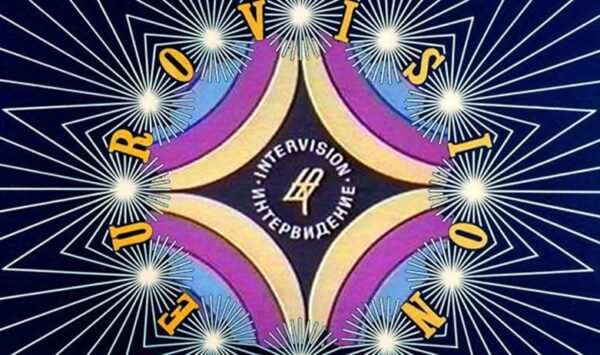The European Broadcasting Union (EBU) has marked the 25th anniversary of Eurovision’s merger with Intervision at the 80th General Assembly of the EBU in Tirana, Albania.
In 1993 national broadcasters from central and eastern Europe, members of OIRT (International Radio and Television Organization) joined the EBU. Thus this saw the EBU’s expansion from 35 to circa 60 members. After the merger between the EBU and OIRT, the eastern European organization was dissolved.
The EBU welcomed the national broadcasters from Russia, Czech Republic, Slovakia, Hungary, Ukraine, Belarus, Moldova, Lithuania, Latvia, Estonia, Romania, Bulgaria and Poland, all whom joined the EBU on 1 January 1993.
Expansion of the Eurovision Song Contest
The merger also led to the expansion of the Eurovision Song Contest. In 1993 Romania, Estonia, Slovakia, Hungary tried to compete at the Eurovision Song Contest in Millstreet but failed to qualify from special preselection for Millstreet.
A total of 7 nations fought at a special pre-selection show in Ljubljana, Slovenia, with only three countries proceeding to Millstreet: Slovenia, Croatia and Bosnia & Herzegovina (all former Yugoslav republics) debuted in the competition as independent countries in 1993.
1994 saw the biggest expansion of our beloved contest with a total of 7 countries debuting in the competition: Slovakia, Romania, Lithuania, Russia, Hungary, Poland, Estonia and Lithuania.
Poland debuted at the 1994 Eurovision Song Contest achieving a 2nd placing with Edyta Gorniak’s To nie ja
Some of the other eastern European countries had to wait a little longer in order to join the competition: Latvia (2000), Ukraine (2003), Belarus (2004), Albania (2004), Bulgaria (2005), Moldova (2005), Armenia (2006), the Czech Republic (2007), Georgia (2007) and Azerbaijan (2008).
The Eurovision Song Contest has also grown from circa 20 odd participating countries to 43 participating countries. The contest has evolved and seen many changes due to the large number of nations wishing to partake in the competition; 2004 saw the introduction of two shows (semi-final and grand final) and, four years later in 2008, three shows were introduced (2 semi-finals and 1 grand final).
Since 1993 27 countries have joined the competition, including the 6 former Yugoslav republics (FYR Macedonia, Montenegro, Serbia, Croatia, Slovenia and Bosnia & Herzegovina), Serbia & Montenegro (2004), Andorra (2004), San Marino (2008) and Australia (2015).
Serbia debuted as a solo country in 2007 and won the competition with Marija Serifovic’s Molitva.
The merger
The fall of the Berlin Wall in 1989 brought about a breath of fresh air to the old continent, with Europe facing many changes and seeing its map revamped after the fall of the former USSR and the break up of Yugoslavia.
Shortly after in 1990, the EBU and OIRT kicked off talks for a merger. In November the Eurovision News Exchange (EVN) started exchanging news with the Intervision News Exchange (IVN), thus enabling EBU members to cover key events in eastern European and traditionally hard to access communist countries.
1991 saw Eurovision news items included in IVN, whilst in November of the same year the official date for the merger was set: 1 January 1993.
Hereafter both the EBU and OIRT started to work from strength to strength in order to achieve their common goal: the fusion and merger of both unions.
Earth stations were constructed in Prague, Moscow, Bucharest, Budapest, Sofia and Warsaw in order to connect the OIRT broadcasters to the Eurovision network. 1992 saw OIRT’s confirmation at the EBU General Assembly in Oslo that its broadcasters wished to become full EBU Members following the unification agreement between the two entities.
Mr. Ivo Mathe (former Director General of the Czech Television) played a key role in the merger, commented recently:
In the time of the end of bipolarization, we wanted to be back in Europe as soon as possible.
Mr. Noel Curran (EBU’s General Director) says:
I think 1993 was a pivotal time for the EBU, I also think we’re about to enter another pivotal time. We have never been under such sustained pressure, both political and economic, and yet there’s probably never been a greater need for what we do than there is now.
We need to work together. North, South, East and West. We need to leverage our strengths, leverage our unique talents. And we need to make the case for what we do. Make the case for public service media, together as a union. And I think we’re well-positioned to do that.




